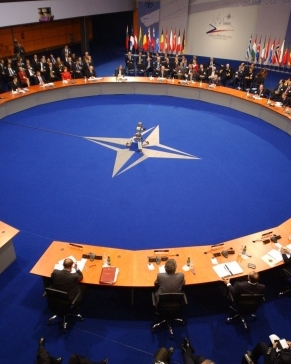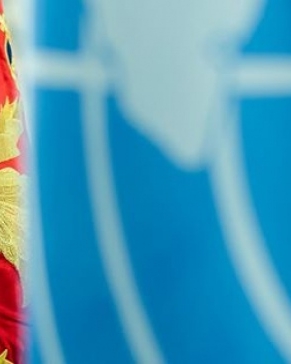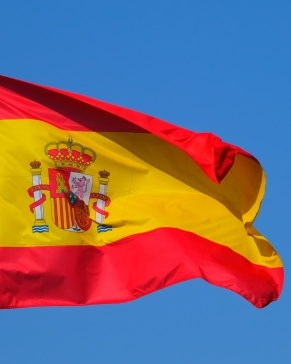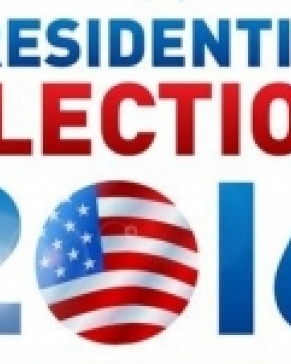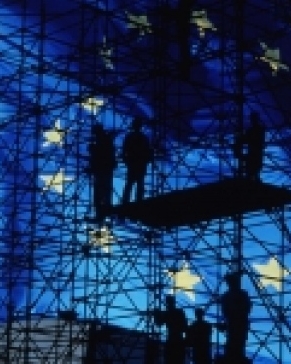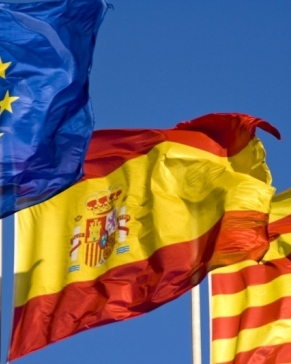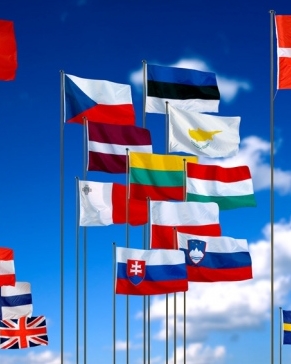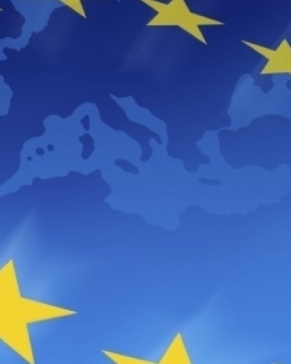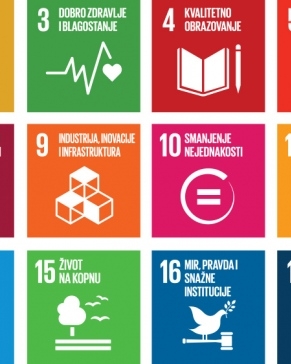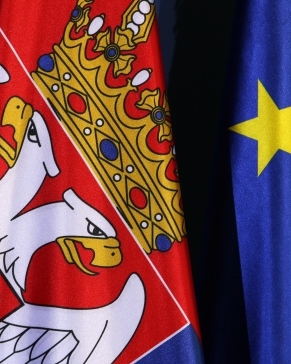Security
Active participation of experts, scientists, media and representatives of civil sector in managing security sector is necessary, but it is also the course of action conditioned by the accession process of Western Balkans countries to EU. With development of public policies through so-called Euro Discourse, the complex reform process has begun, aimed at establishing the rule of law, respect for basic human rights, and also for providing freedom and security to the citizens.
In order to perform successful supervision of the security sector, civil organisations must comply with certain important criteria. These include: showing interest in this area and having a clearly stated field of activity; scope and staff preparedness of the given organisation; party, ideological and interest neutrality; existing sources of funding and sustainability; national and cross-border networking and presence in the public life and media. The Public Policy Institute is the only regional organisation whose specific field of expertise involves security issues, while meeting all of the required criteria.
Team of experts of the Public Policy Institute cooperates with the security sector institutions in the Western Balkans region. Through independent monitoring, project design, studies, analyses, independent research and organisation of debates related to the creation of security policies, it also deals with democratic control of the processes and activities of security structures.


